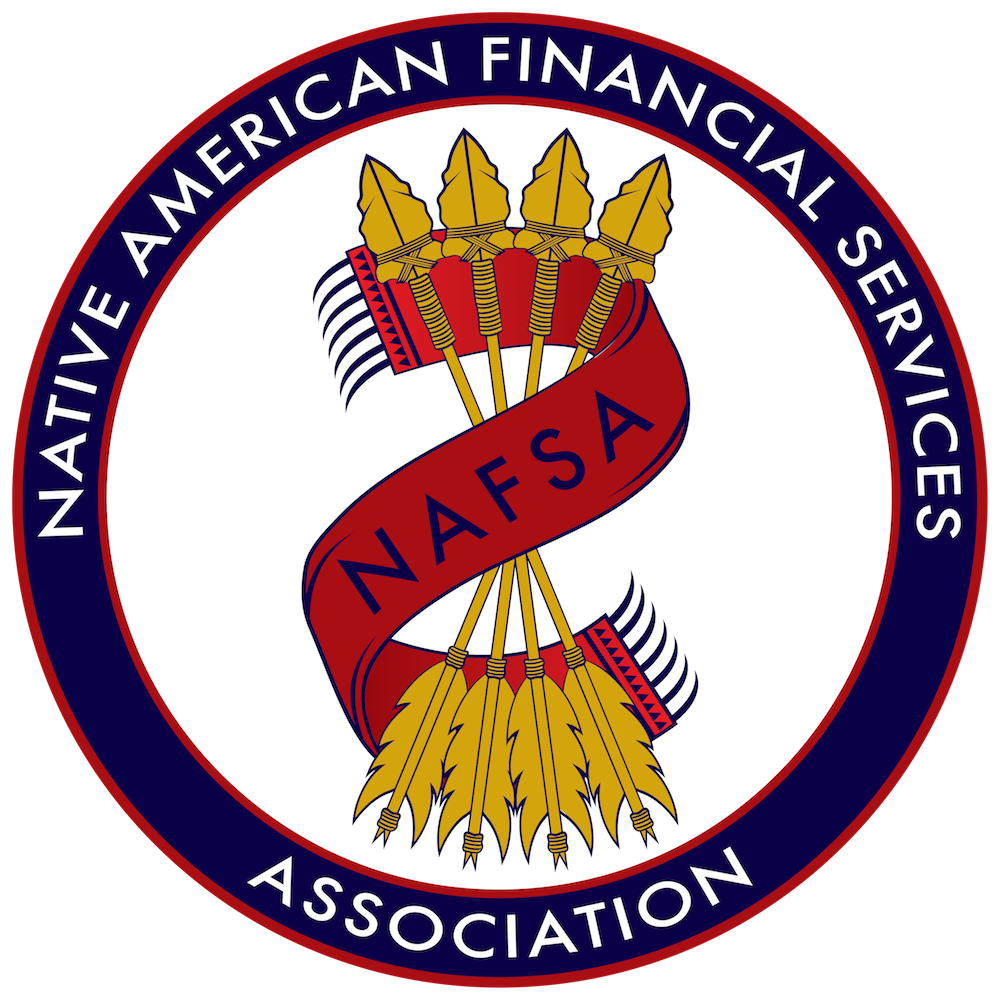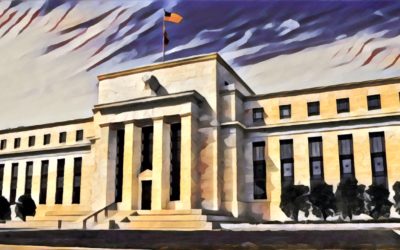The Latest Financial News
Senate Banking Committee Advances Powell, Brainard, Jefferson, and Cook for Fed Board
With Sarah Bloom Raskin withdrawing her nomination to serve as the Federal Reserve’s vice chair for supervision—the top Wall Street watchdog at the Federal Reserve—Republicans ended their boycott of the vote in the Senate Banking Committee, allowing the panel to...
Biden Signs Executive Order on Digital Assets, Including Cryptocurrencies
Earlier this month, President Biden signed an Executive Order on digital assets including cryptocurrency, representing the first ever whole-of-government approach to address the benefits and risks of digital assets and their underlying technology. “The rise in digital...
98% of Afterpay Customers Repaid BNPL Loans in 2021
Nearly all Afterpay users paid back their installments in 2021, Block CFO Amrita Ahuja told CNBC when questioned about the company’s acquisition of the “buy now, pay later” (BNPL) service. 98 percent of users repaid their loans by the end of the year, which is the...
Why NAFSA?
There are more than 570 federally-recognized tribes in the United States, many of whom are spread across in diverse areas. This has left a need for other tribal economic development opportunities to create sustainability and jobs on Native American reservations.
Tribal Financial Services:
![]() Create jobs & economic development on tribal lands
Create jobs & economic development on tribal lands
![]() Increase the financial independence of tribes
Increase the financial independence of tribes
![]() Deploy sovereignty & bolster tribal self-determination
Deploy sovereignty & bolster tribal self-determination

The Impact of Tribal Financial Services
Coming from a history of staggering unemployment rates, limited opportunities, and lack of access to fundamental resources, Native American tribes began online lending businesses to create real change for the future. Internet commerce has been a vehicle for supporting economic growth, tribal services, and tribal development. These are their stories.
Our Mission
To advocate for tribal sovereignty, promote responsible financial services, and provide better economic opportunity in Indian Country for the benefit of tribal communities.




